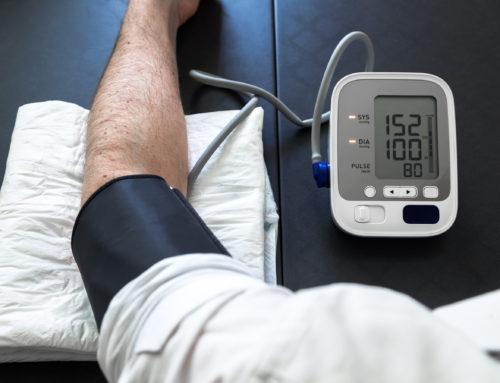When it comes to medical malpractice, the first thing that jumps to mind is a doctor being sued for failing to care for a patient. But in reality, doctors are not the only medical professionals with a duty to care for patients – nurses also fall into this category. Malpractice cases are brought against nurses with increasing regularity. It is important for all nurses to understand how malpractice applies to them, for their own benefit and the benefit of their patients.
What Is Nursing Malpractice?
Medical malpractice is defined similarly for nurses and doctors – the failure to provide the “standard of care” to a patient. As a nurse, there is a standard that you are expected to uphold when caring for a patient, a range of duties that are considered normal for your field and your position. As long as you are conducting yourself in a manner that is consistent with what a normal nurse would do in similar circumstances, it is difficult for anyone to claim medical malpractice successfully. But when the ball is dropped, when the standard of care is not met and a patient gets hurt, the door is opened for legal action against those providing medical care.
There are a number of actions (or inaction) that can lead to medical malpractice, including:
Giving the Wrong Medication (Dosage or Type)
When a doctor gives the order for administration of medication, both the type and the dosage are specific. The doctor may direct the nurse to deliver the medication in a specific way, or there may be standards for how a specific medication is supposed to be administered, such as injecting it in a vein, the muscle or through the IV drip. There are a lot of factors involved in just a simple order for medication, all of which the nurse is expected to be aware of and to navigate professionally.
But sometimes mistakes are made. Nurses can give the wrong medication, the wrong dosage, administer it incorrectly, or even give the medication to the wrong patient.
Failing to Speak or Act When Necessary
The nurse is the one who interacts with both the doctor and the patient, and is often the one who is responsible for ensuring that the doctor is kept aware of the patient’s condition. Being a nurse is a challenging profession specifically because of the responsibilities it involves. You have to be constantly aware of what is going on with each patient, and ready at a moment’s notice to contact the doctor and ensure that the patient gets the care he or she needs.
Unfortunately, there are times when nurses fail to notice problems with patients that they should notice, or notice a potential problem but fail to speak up about it. Doing either puts the nurse at risk of medical malpractice.
Who Is Ultimately Responsible In Nursing Malpractice?
In many nursing malpractice cases, the party that is held responsible for the injury is often the doctor giving the orders or the hospital overseeing the care. The attorney bringing forward the case will conduct a careful investigation to see if the injury can be linked to the doctor, as the doctor is generally the one who gives instructions to the nurse. The doctor also carries medical malpractice insurance, which would be the source of compensation for the injured if the doctor can be held responsible. Even if the attorney cannot prove the doctor was responsible, he or she can still pursue damages from the hospital. As the employer of the nurse, the hospital may be the one to pay for damages if the malpractice case is successful.
Not All Accidents And Injuries Are Medical Malpractice
The reality of medical care is that mistakes are sometimes made and things can go wrong. Even when everyone does their job exactly as they are supposed to, patients sometimes sustain injuries or fail to recover from injuries. You do not have to be negligent or careless for patients to be injured.
However, there are situations that occur in hospitals and other medical care facilities that are preventable. Sometimes care providers are negligent, which puts not only patients at risk, but the care providers and the facility as well. Medical malpractice is by definition preventable, and it is vital that nurses and everyone else involved in patient care be diligent in their efforts to avoid negligence.




























